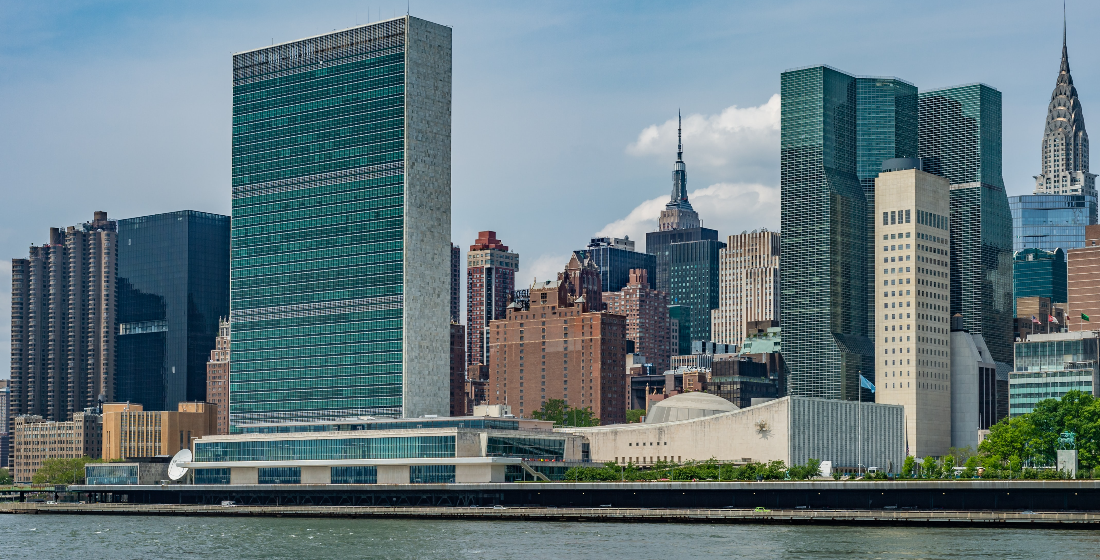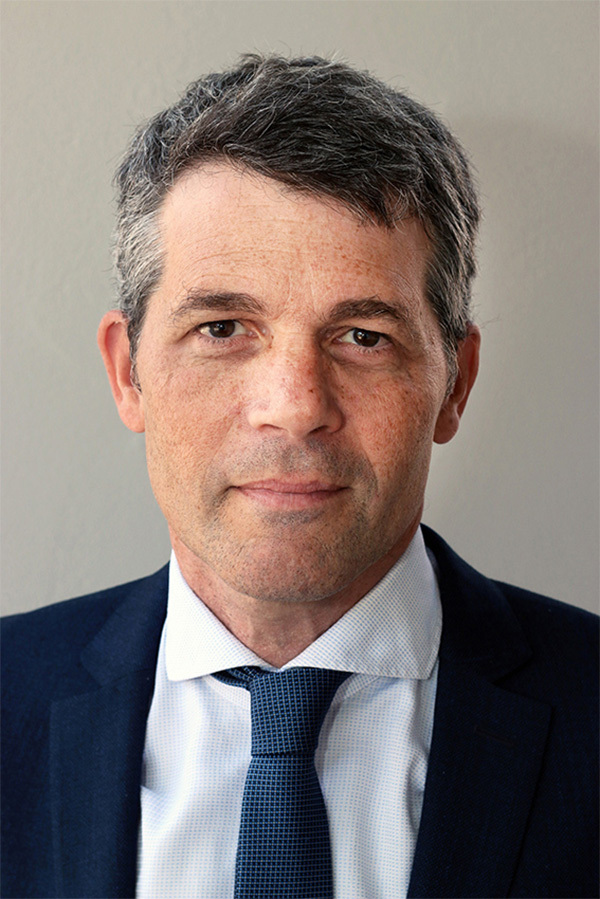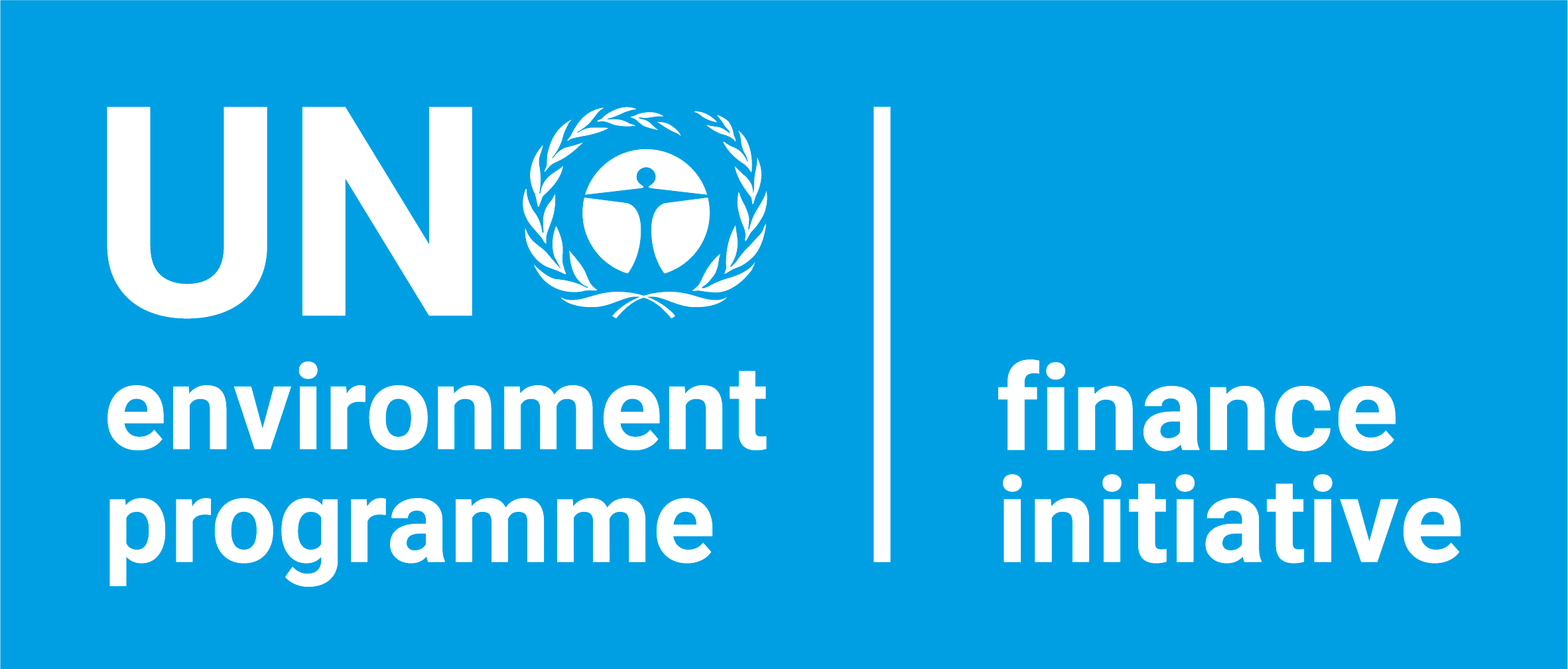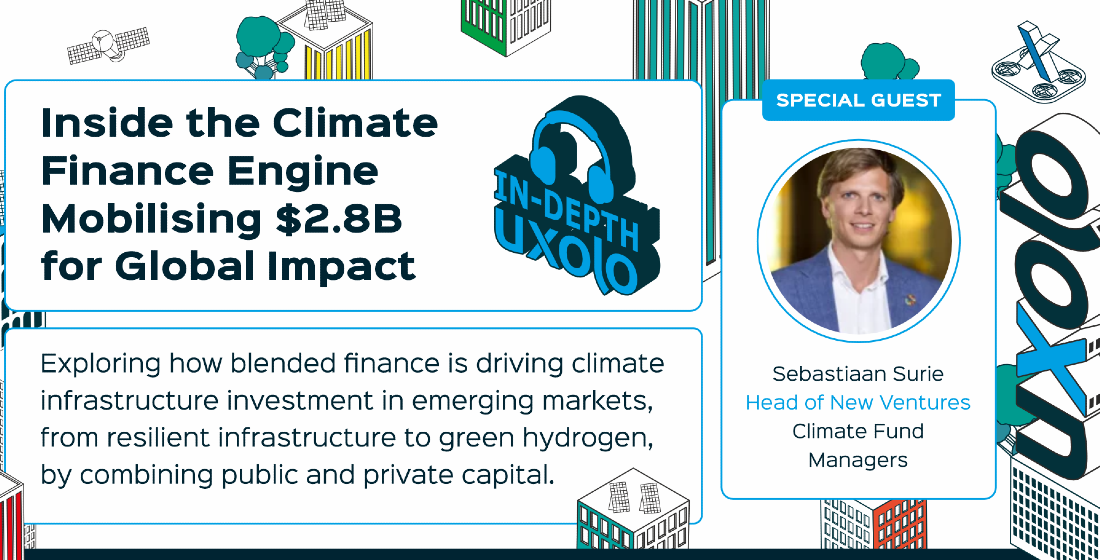UNEP FI: Public private approaches will be critical in mitigating climate change
Eric Usher, Head, United Nations Environment Programme Finance Initiative (UNEP FI), speaks at the Uxolo Climate Finance virtual platform about the significant contributions DFIs and MDBs can make towards combating the climate crisis.

In a keynote address at the Uxolo Climate Finance virtual platform, Eric Usher, Head of the United Nations Environment Programme Finance Initiative, calls on the private sector to take a leadership role in bolstering climate resilience. “I think that the traditional view is that if there's an externality, we wait for the government to fix it. That's clearly understood to no longer be the case. Government action only happens easily when they see the conditions are right, and a big important part of that is the private sector, which is starting to show how this transition can be done. It provides the reinforcement that governments need to set ambition at Glasgow and beyond. And I believe that the role of the development finance community really is a very important catalyst for how we bring the private sector on board.”

Emphasising the role of MDBs and DFIs in making a shift from green finance as an “add-on” to becoming green institutions in one's entire portfolio, Usher spotlights the challenges of impact evaluation. “Besides the focus on Net Zero in the lead up to 2019, the banking sector did not have an overriding framework which was equivalent to the Principles for Responsible Investment,” he says. “They had a lot of frameworks on the Green Bond Principles, the Equator Principles but all of those were very much transaction focused. There was nothing that was strategically applicable to the whole organisation.”
This led to a group of banks drafting the UN Principles for Responsible Banking. “If you look at that framework, it is about, I think, looking to the future,” says Usher. “And once again, it's not so much focused on managing the risks. It's much more focused on understanding the impact of one's financing and then setting business targets for making material improvements in impact areas like climate, climate finance, fossil fuel exposures, etc.”

Originally 32 banks were involved in the drafting process but by the launch on the 22nd of September 2019, with U.N. Secretary-General António Guterres, there were 132 banks. Today, the number stands at 240, which is a little over 40 percent of the global banking industry measured by assets, who have signed up for the framework. “This framework is quite interesting, and I think within the DFI community it is important to look at, because it actually brings the mandate of banks a little bit closer to your own mandates, in terms of having more of a policy dimension and understanding how do you orient your financial products and services to the needs of society, to align with the Paris Agreement, to put in place gender policies and work with companies to put in place the impacts and strategies related to the wide set of Sustainable Development Goals.”
Watch the entire keynote address on the Uxolo Climate Finance virtual platform: https://climatefinance.uxolo.





